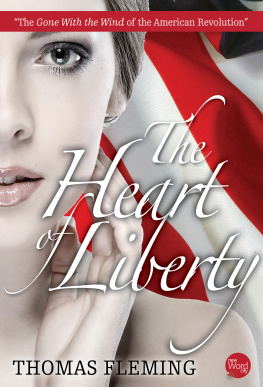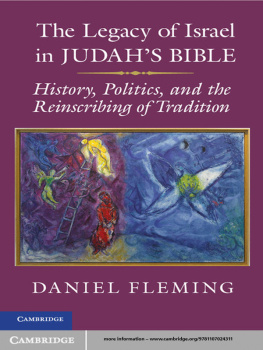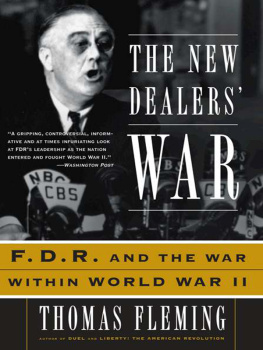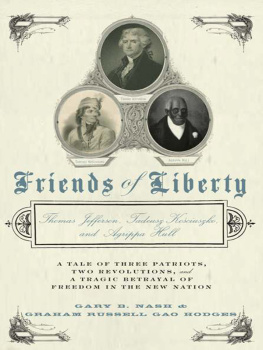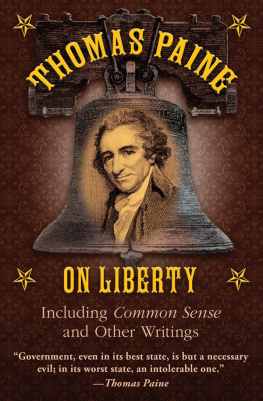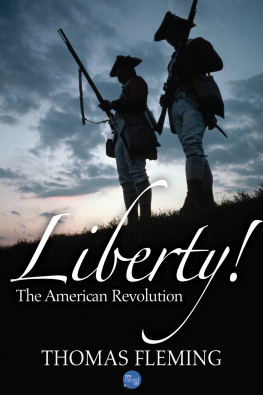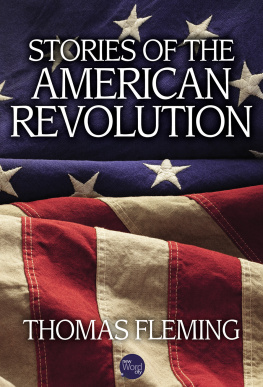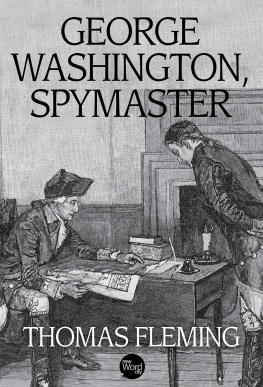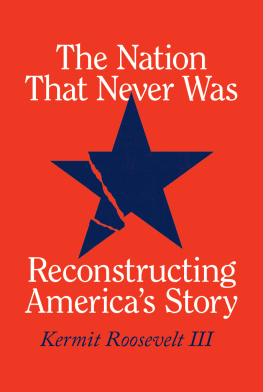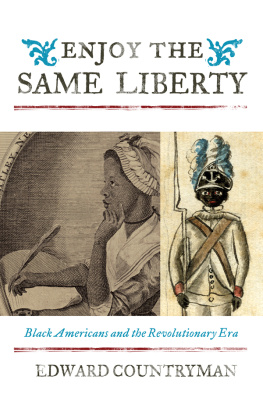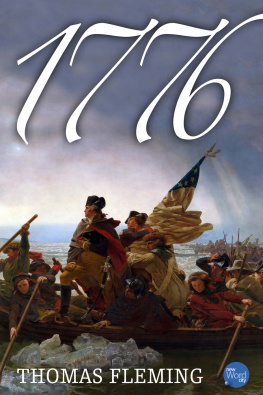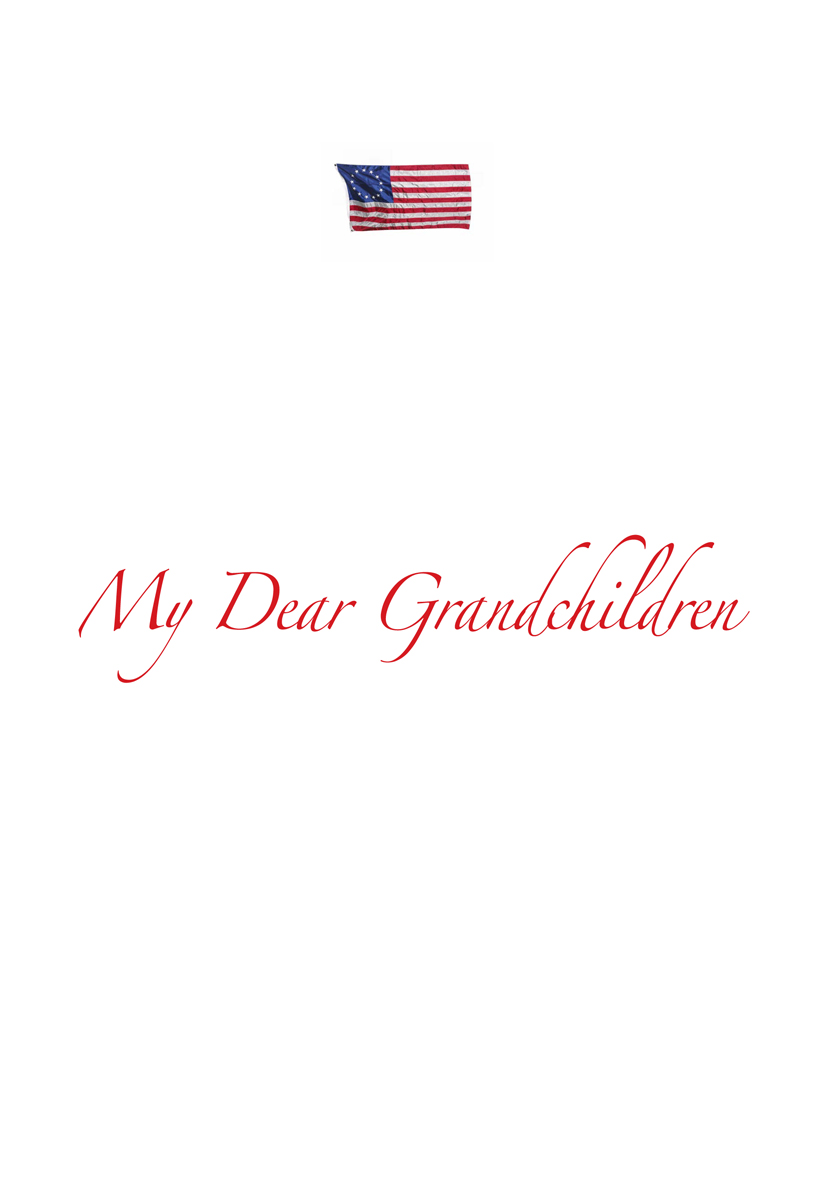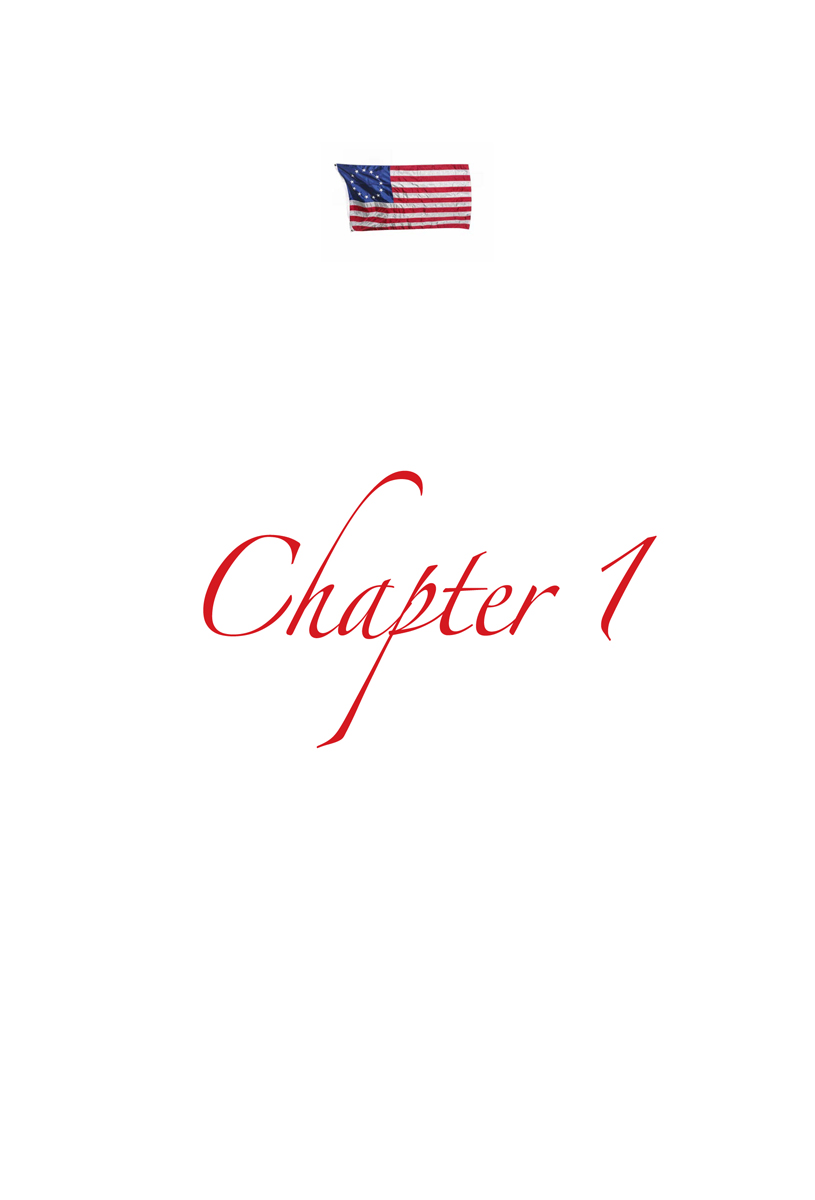MY DEAR CHILDREN:
Yesterday we celebrated the fiftieth anniversary of our birth as a nation. It was a lavish affair. The mayor and one of our U.S. senators gave speeches, hailing the services of the men and women of New Jersey on behalf of the Cause. A handful of the old soldiers tottered up to accept the cheers of the multitude - and to persuade the senator to increase their pensions. Cannon boomed, church bells rang. I listened, but I did not feel a part of the general emotion. The senator and the mayor made the Revolution sound unremittingly glorious - and incredibly dull.
While the bands were still playing Yankee Doodle and our militia strutted down Main Street in their expensive uniforms, I mounted my horse and rode into the country. An hour out of town, I left the handsome new turnpike and was soon negotiating a road full of rocks and ruts that had my wise old horse picking his way. Hard to believe that this was once the Kings Highway, the main road to Philadelphia. But practically no one remembers how wretched our roads were fifty years ago. We are in the boastful stage of our national childhood. Everything American must have always been bigger, better, faster, smarter, braver, or wiser than the rest of the world.
I came around a horseshoe bend and paused, my heart pounding. There was the tavern, surrounded by its noble oaks, the swift-running waters of the brook behind it dappled with July sunlight. I felt a quickening anxiety as I dismounted. On my last visit I discovered that neighborhood boys had broken into it. They had done no damage, but it made serious the danger of a fire. You will recall how upset I was when flames destroyed the residence last year. I could see its burnt-out hulk beside the brook as I dismounted.
But all was well in the tavern. The windows were undamaged and the padlock I had added to the front door was still secure. In a moment I was inside, walking with an ever fuller heart into the past. Memories flooded me so precipitously, for a moment I could see nothing as I entered the taproom. I stood there until the great stone fireplace, the massive scarred bar, with its lowered portcullis, the round stone tables became visible again.
Before the bar stood Jonathan Gifford. I saw him as vividly as I see this paper before me, his arms folded over his formidable chest, a rock of a man, so often maddeningly imperturbable, unknowable in his silence, his reserve. With a careful smile on his face he listens to some drunken militiaman, who he knew would run a mile at the first glimpse of a redcoat, roaring out a favorite verse.
From the east to the west blow the trumpet to arms Thro the land let the sound of it flee.
Let the far and the near all unite with a cheer In defense of our Liberty Tree.
A blink of the eye and he stands in the doorway facing down a mob of liberty boys or a regiment of British infantry, both equally ready to burn the tavern to the ground.
Beside Jonathan Gifford stands his stepdaughter Kate, her red hair flashing defiance in the sunlight. Another blink of my blurry eyes and I see her at the spinet in the parlor of the residence, singing with a delicious hint of mockery one of our more sentimental airs.
In rapture I gaze when my darling is by
And drink the sweet poison of love from his eyes I feel the soft passion pervade every part
And pleasures unusual play round my fond heart.
Watching from a distance is her brother Kemble, his dark gray eyes smoldering with headstrong devotion to the Cause. How many times I fought beside him, gun in hand. For a moment it is like a scene from Homer, a glimpse of a hero in the Underworld, the sight of a face stamped forever with grief and failure.
Beside the spinet stands the woman who changed us all, Caroline Skinner. At first she seems as masked, as impenetrable as Jonathan Gifford. But beneath her composure burned an inner transforming fire. It was no coincidence that I had spent the previous week rereading her diaries, reviewing the extensive notes I had made of my conversations with her in the decade after the Revolution. I have also been talking to Kate, who stands as straight and speaks as saltily at sixty-eight as she did at eighteen. For a month now a wish has been growing in me, and today it has become a resolve.
I shall write it all down. I will fill the tavern and other rooms with the faces, the voices, the passions, and the anguish of those years. Not for publication, but for my own pleasure and your enlightenment. You are all grown men and women now. I cannot see how you would be harmed - and I suspect you might be helped - by knowing the true story of our Revolution.
Perhaps there is a little personal pride in it too - a wish that when I am gone you will think of me as a little more than a dull old country doctor. But let me caution you in the strictest terms against publishing what I write, if by some miracle you consider it worthy of such an expense. The nation is not ready to face the truth about itself that an honest story of the Revolution must mirror. There is another reason for this stricture which you will learn toward the end of the story. Let it pass from hand to hand within the family and rest undisturbed in some vault for a generation or two or three. By then, perhaps, Americans will be able to read the truth without the shock and wrath such a production would engender today.
Above all I hope that the book, if it ever becomes one in some freer future time, will help Americans of that distant era see us not as a set of demigods impossible to emulate, but human, like themselves, torn by dissensions without and doubts within, groping toward happiness and repeatedly missing or mistaking it, struggling back from defeat and even from despair, learning painfully to forgive not merely our enemies but our friends and above all, ourselves.
Your loving father,
James Kemble
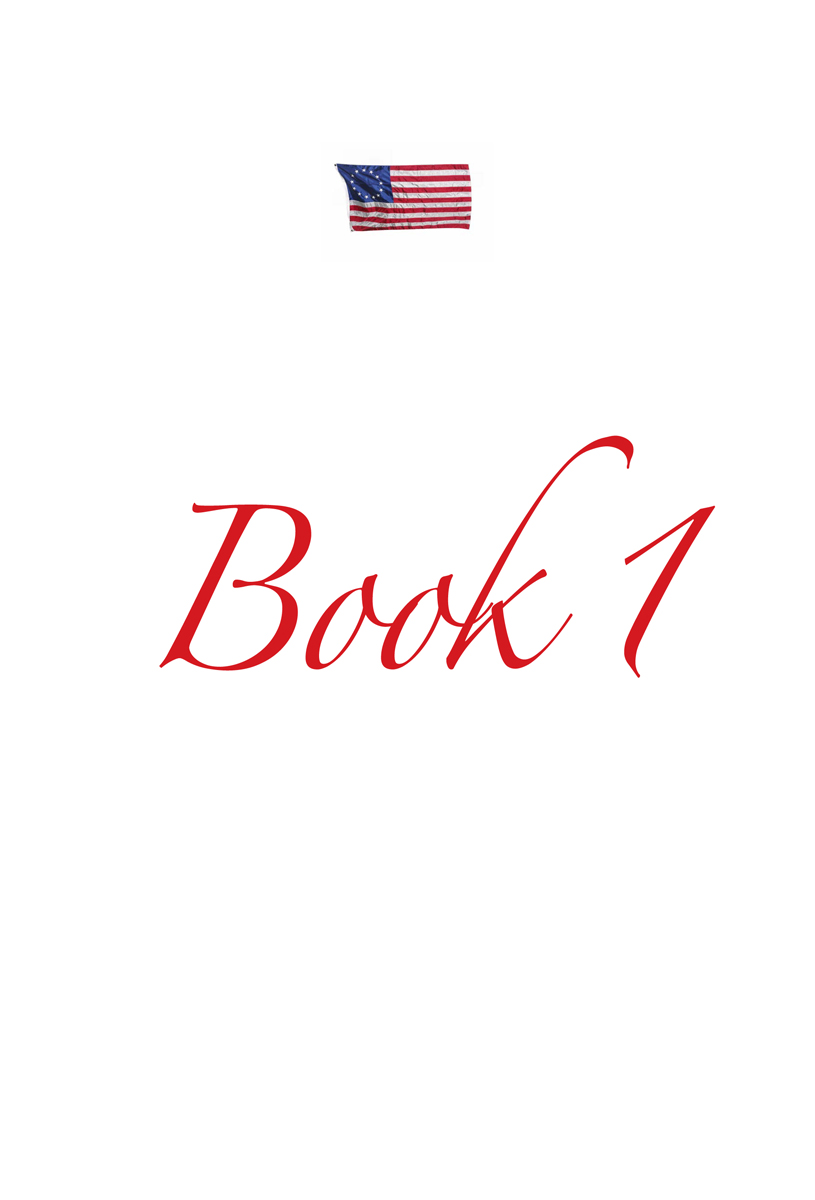
In most books about the Revolution you get the feeling that the people had no pasts, they were born in 1775 or 1776. The opposite was the case. The Revolution burst like a hurricane on all our lives, changing most of us forever. But it was only part of our personal histories. Each of us already had a past that complicated or tormented our efforts to cope with the storm. Nowhere was this more visible than the first day of the year 1776, when most of the family met at Kemble Manor in the course of making their annual New Years Day visits. By the time we arrived the small and middling farmers had paid their respects and departed. Most of the eggnog was gone from the huge Waterford cut-glass bowl which the Squire had set up for them in the center hall.
I was ordered to station myself by the window in the south parlor and sing out when I saw Jonathan Gifford and his stepchildren. They turned up the drive within the hour. Kate sat in the chaise beside her father, while Kemble rode beside them on his big black gelding Thunder. In Kates lap was an enormous bouquet of red and white roses.
Without a word we bundled ourselves into our cloaks and coats and trooped out to the burying ground on the south lawn. Jonathan Gifford knew why we joined him, as we had last year, in this memorial gesture to his dead wife. It was an act of public defiance, not on his behalf but on behalf of the family. No matter what Sarah Kemble Gifford had done, we were saying that she was still a Kemble and that was more important than anything else, with the possible exception of being a Stapleton or a Skinner. The triumvirate, that was the name humbler folk used to describe our three families.

